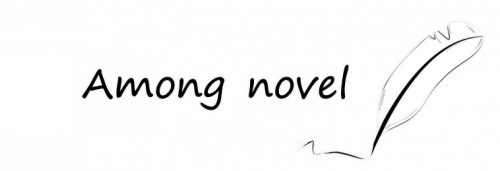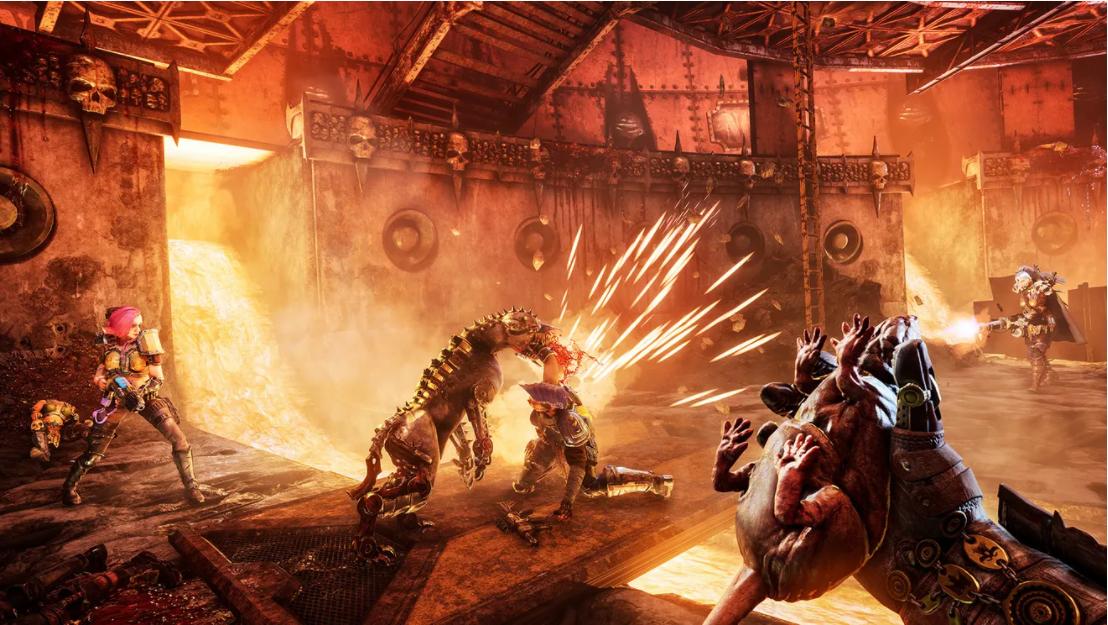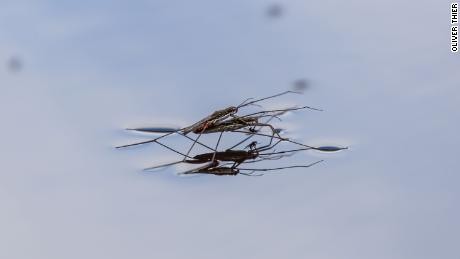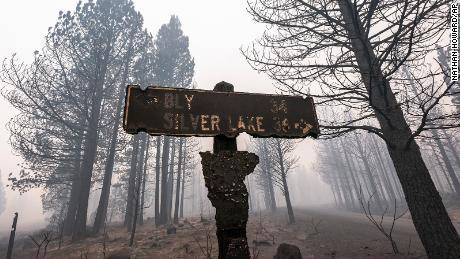About Le fanu:Sheridan Le Fanu was born at No
About Le fanu:Sheridan Le Fanu was born at No. 45 Lower Dominick Steet, Dublinnto a literary family of Huguenot origins. Both his grandmother AliciaSheridan Le Fanu and his great-uncle Richard Brinsley Sheridan wereplaywrights. His niece Rhoda Broughton would become a very success-ful novelist. Within a vear of his birth his family moved to the rovaHibernian Military School in Phoenix Park, where his father, an Anglicaclergyman, was the chaplain of the establishment. Phoenix Park and theadjacent village and parish church of Chapelizod were to feature in LFanu's later stories. Le Fanu studied law at Trinity College in Dublin,where he was elected Auditor of the College Historical Society.

He wascalled to the bar in 1839, but he never practised and soon abandoned lawfor journalism. In 1838 he began contributing stories to the DublinUniversity Magazine, including his first ghost story, entitled A StrangeEvent in the Life of Schalken the Painter"(1839). He became owner ofeveral newspapers from 1840, including the Dublin Evening Mail andhe Warder. In 1844 Le Fanu married Susanna Bennett, the daughter of aeading Dublin barrister. In 1847 he supported John Mitchell and Tho-mas Meagher in their campaign against the indifference of the Goverment to the Irish Famine. His support cost him the nomination as ToryMP for County Carlow in 1852. His personal life also became difficult athis time, as his wife Susanna suffered from increasing neurotic symptoms.She died in 1858 in unclear circumstances, and anguished excerptsfrom Le Fanu's diaries suggest that he felt guilt as well as loss. However,it was only after her death that, becoming something of a recluse, he de-voted himself full time to writing. In 1861 he became the editor and pro-pretor of the Dublin University Magazine and he began exploitingdouble exposure: serializing in the Dublin University Magazine and thenrevising for the English market. The House by the Churchyard andWylder's Hand were both published in this way. After the lukewarm re-views of the former novel, set in the Phoenix Park area of dublin LFanu signed a contract with Richard Bentley, his London publisher,which specified that future novels be stories"of an English subject and ofmodern times", a step Bentley thought necessary in order for Le Fanu tosatisfy the English audience. Le Fanu succeeded in this aim in 1864, withthe publication of Uncle Silas, which he set in Derbyshire. In his very lastshort stories, however, Le Fanu returned to Irish folklore as an inspiration and encouraged his friend Patrick Kennedy to contribute folklore tothe D U.M. Le Fanu died in his native Dublin on February 7, 1873. Todaythere is a road in Balvfermot, near his childhood home in south-westDublin, named after him. Source: WikipediIt is not worth telling, this story of mine-at least, not worth writingTold, indeed, as I have sometimes been called upon to tell it, to a cirele ofintelligent and eager faces, lighted up by a good after-dinner fire on awinters evening, with a cold wind rising and wailing outside, and allsnug and cosy within, it has gone off-though I say it, who shouldnot-fndifferent well. But it is a venture to do as you would have mePen, ink, and paper are cold vehicles for the marvellous, and a readedecidedly a more critical animal than a listener. If, however, you caninduce your friends to read it after nightfall, and when the fireside talkhas run for a while on thrilling tales of shapeless terror; in short, if youwill secure me the mollia tempora fandi, I will go to my work, and say mysay, with better heart. Well, then, these conditions presupposed, I shallwaste no more words, but tell you simply how it all happened
My cousin (Tom Ludlow) and I studied medicine together. I think hewould have succeeded, had he stuck to the profession; but he preferredthe Church, poor fellow, and died early, a sacrifice to contagion, contrac-ted in the noble discharge of his duties. For my present purpose, I saenough of his character when I mention that he was of a sedate but frankand cheerful nature; very exact in his observance of truth, and not by anymeans like mvself-of an excitable or nervous temperamentMy Uncle Ludlow-Tom's father-while we were attending lecturespurchased three or four old houses in Aungier Street, one of which wasunoccupied. He resided in the country, and Tom proposed that weshould take up our abode in the untenanted house, so long as it shouldcontinue unlet; a move which would accomplish the double end of settling us nearer alike to our lecture-rooms and to our amusements, and ofrelieving us from the weekly charge of rent for our lodgingsOur furniture was very scant-our whole equipage remarkably mod-est and primitive; and, in short, our arrangements pretty nearly assimple as those of a bivouac. Our new plan was, therefore, executed al-most as soon as conceived. The front drawing-room was our sittingroom I had the bedroom over it, and Tom the back bedroom on the samefloor, which nothing could have induced me to occupy.The house, to begin with, was a very old one. It had been, I believe,newly fronted about fifty years before; but with this exception, it hadnothing modem about it. The agent who bought it and looked into thetitles for my uncle, told me that it was sold, along with much other for-felted Property, at Chichester House, I think, in 1702; and had belongedto Sir Thomas Hacket, who was Lord Mayor of Dublin in James II's timeHow old it was then, I cant say but, at all events, it had seen vears andchanges enough to have contracted all that mysterious and saddened air,at once exciting and depressing, which belongs to most old mansions












Write a Comment